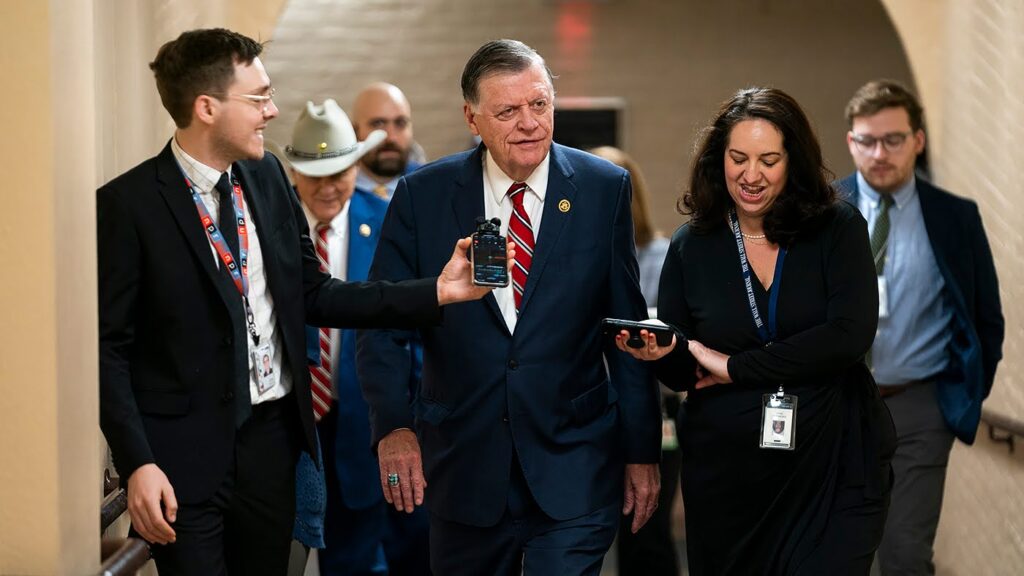
Compromise on two-week spending bill temporarily spares crucial transportation programs from deep cuts
The federal government will keep the lights on next week after the U.S. Senate easily approved the House’s two-week stopgap measure containing $4 billion in spending cuts. The vote was 91-9.
Although some in the press have characterized the development as a victory for Republicans, the $4 billion in reductions is decidedly modest and overlaps with programs already targeted in President Obama’s fiscal year 2012 budget. Only two budget items — $650 million from a one-time Federal Highway Administration program and a handful of legislative earmarks – are transportation related.
However, the measure to fund the government for two weeks received 85 Democratic “no” votes in the House — including Minority Leader Nancy Pelosi — and a chilled reception in the Senate even from those Democrats voting in favor. Unifying the more liberal-leaning Senate Democrats wary of deep cuts with moderates who are more open to them could be difficult. Some members were also alarmed by remarks from Speaker John Boehner that cutting “one slice at a time” could achieve his party’s goals if deep reductions were not passed in one package.
House Transportation and Infrastructure Committee Chairman John Mica was a yes vote, as was top committee Democrat Nick Rahall. Senate Environment and Public Works Committee Chairman Barbara Boxer and Republican counterpart Jim Inhofe also voted yes.
Though spared for the time being, crucial transportation programs like New Starts, high-speed rail and TIGER grants remain on the chopping block. So far, cuts to transportation have not received a lion’s share of the attention, though Senator Dick Durbin of Illinois highlighted his opposition to TIGER grant cuts at two events last month and several House members offered amendments to restore essential funding to public transportation.
This week’s compromise does not preclude a shutdown later this month, given the seemingly wide gulf between the two parties on what level of spending cuts are acceptable. Some Democrats said they fear the short two-week timeline will induce gridlock and result in Republicans re-offering their $61 billion spending reduction plan as an alternative.



